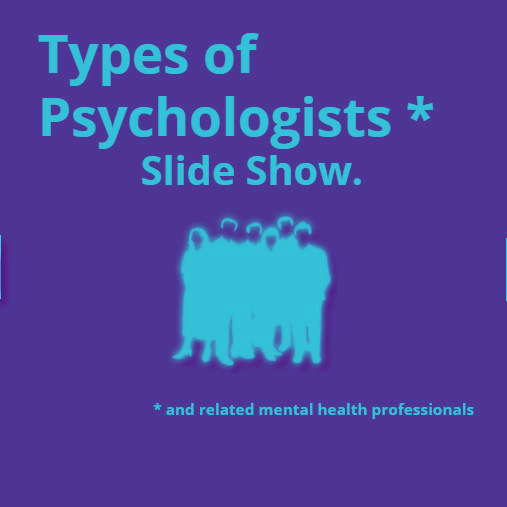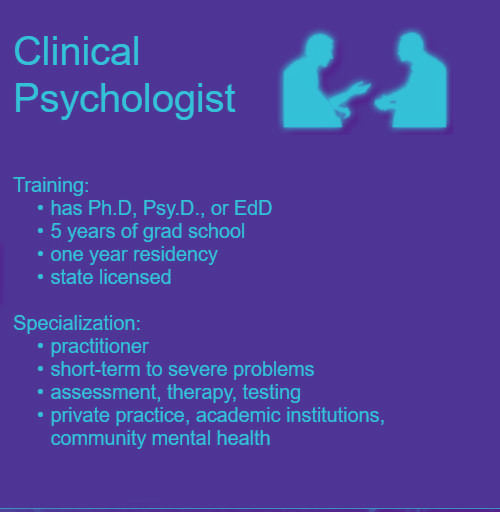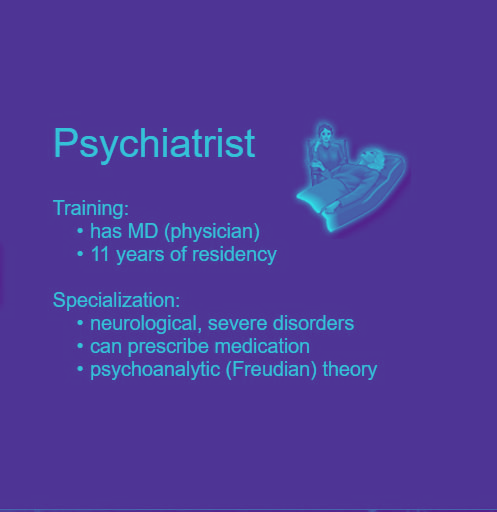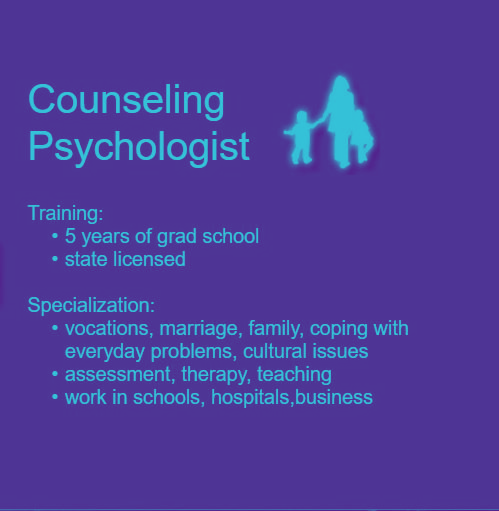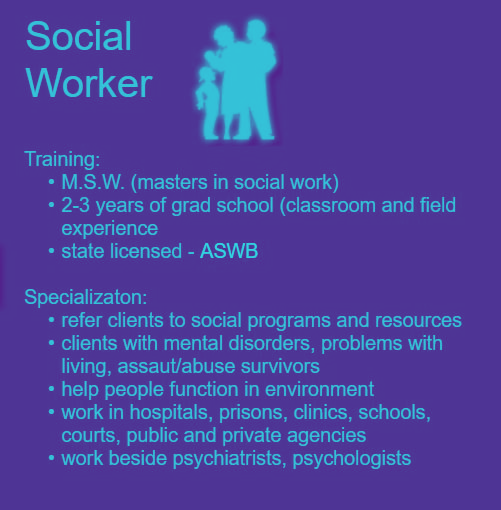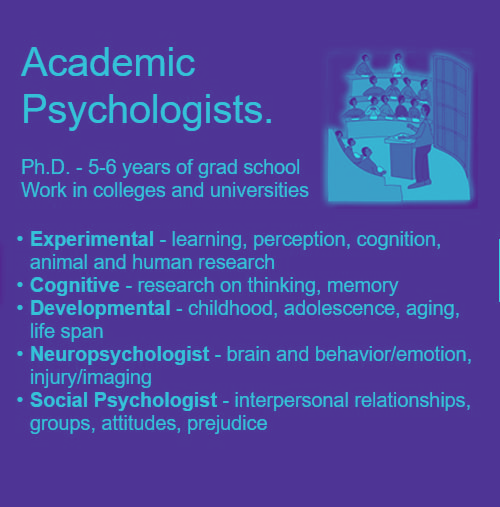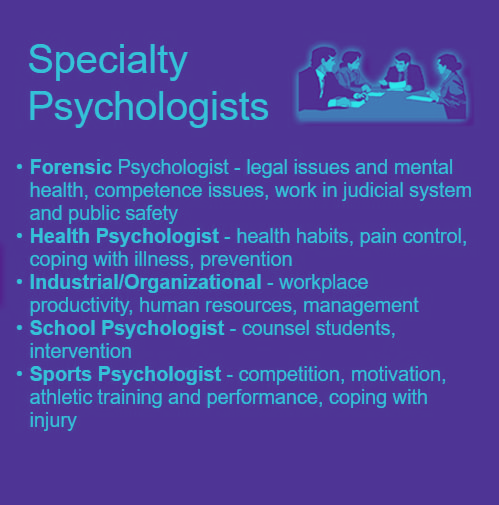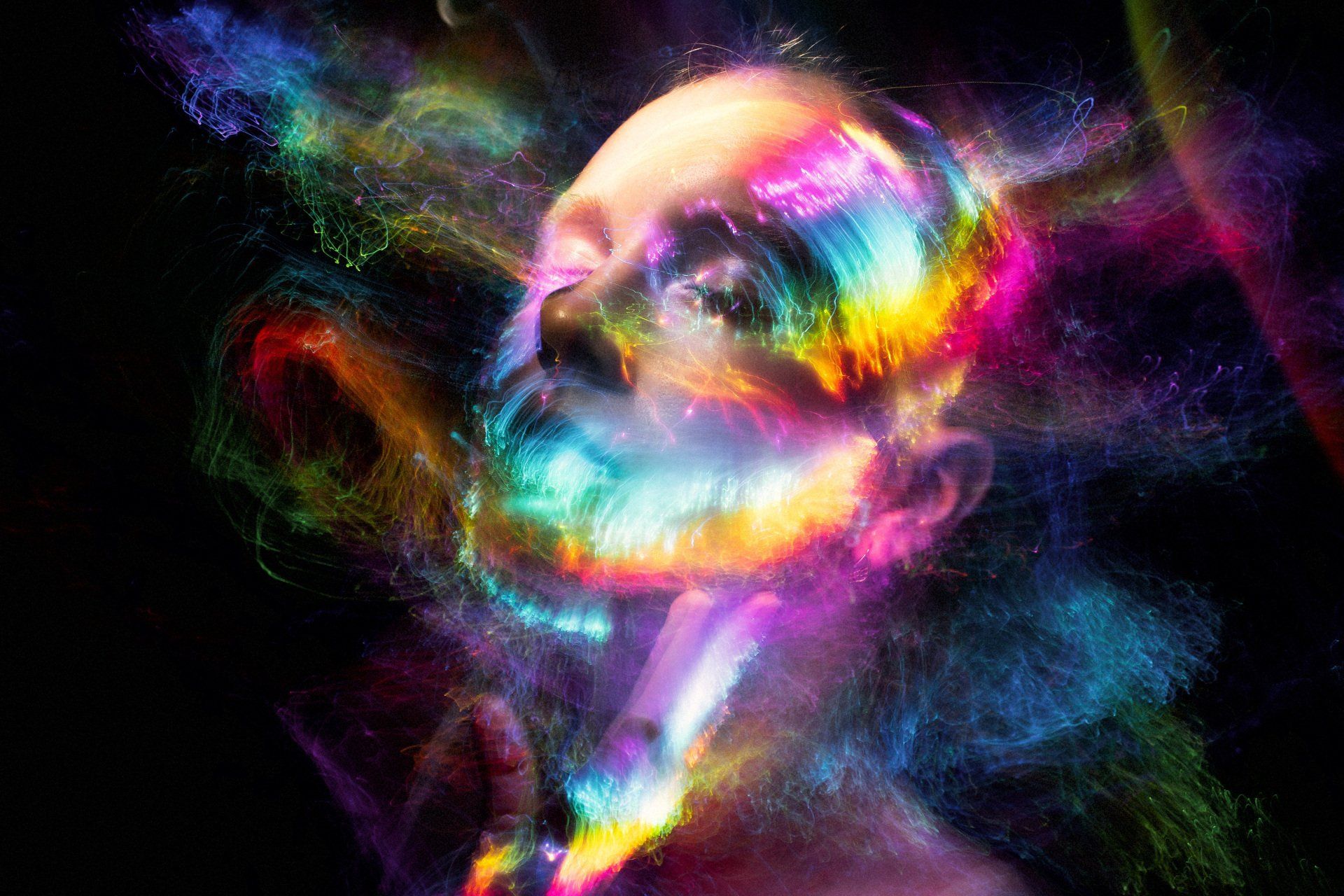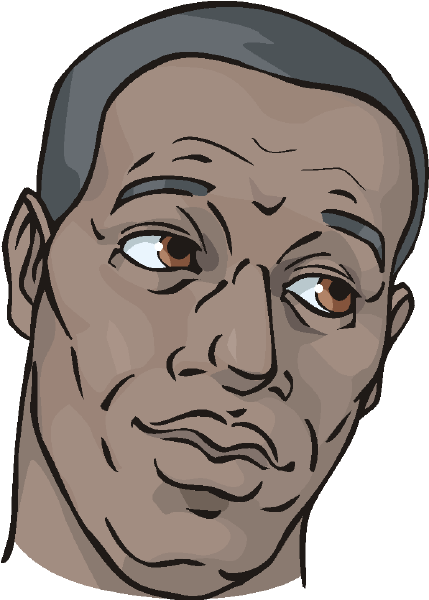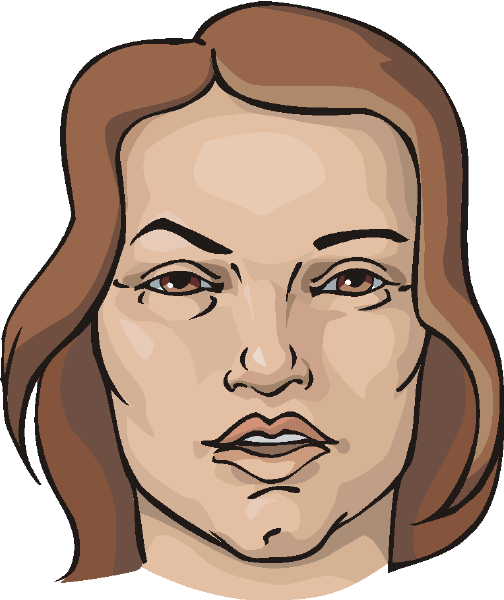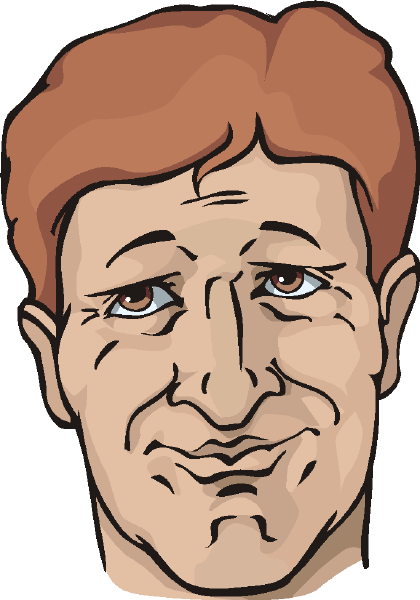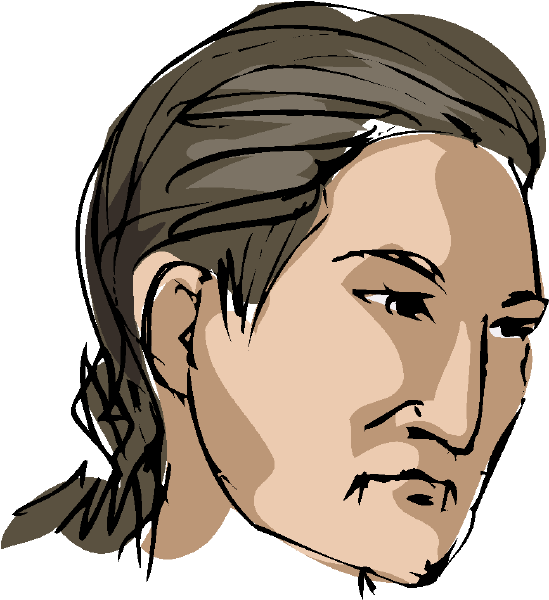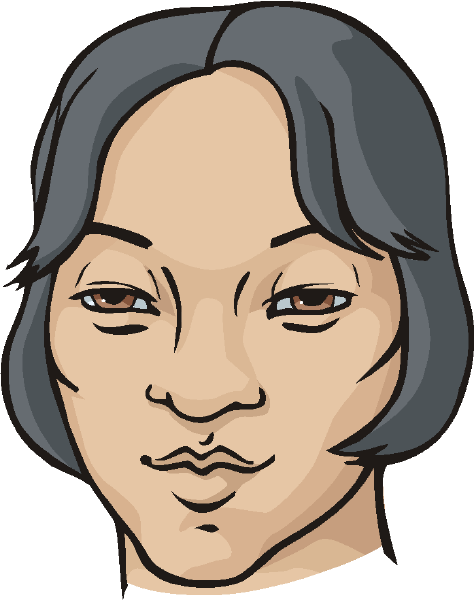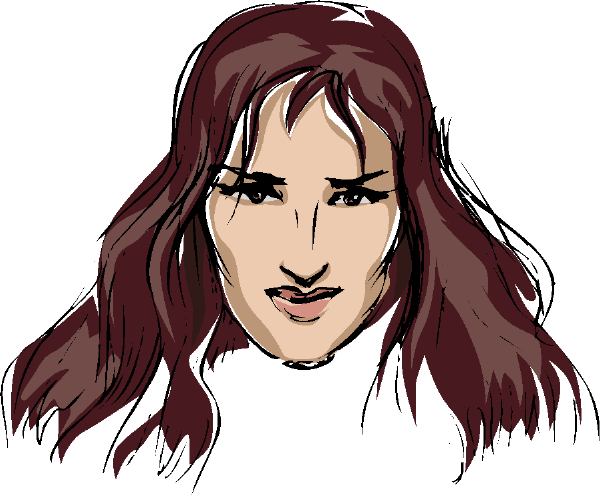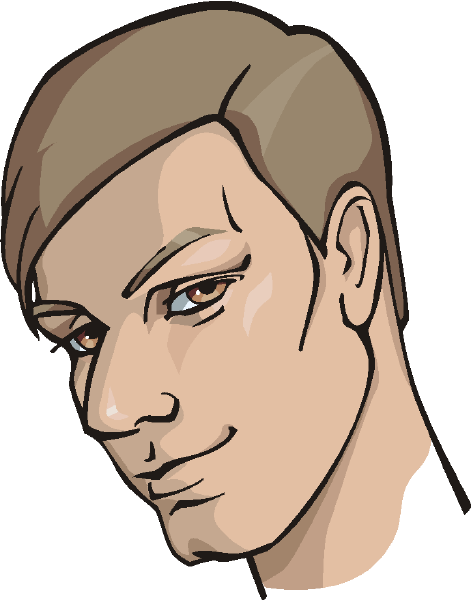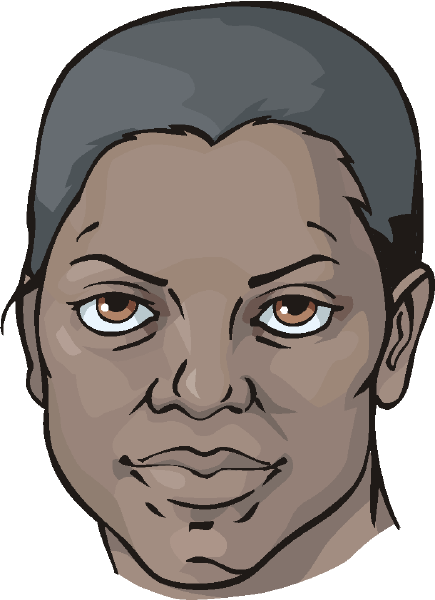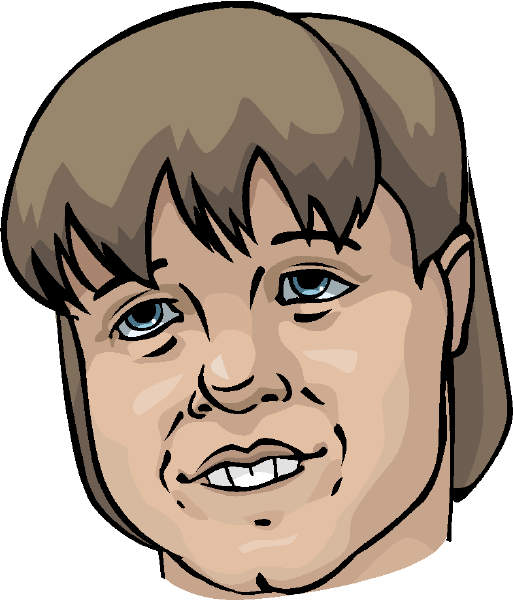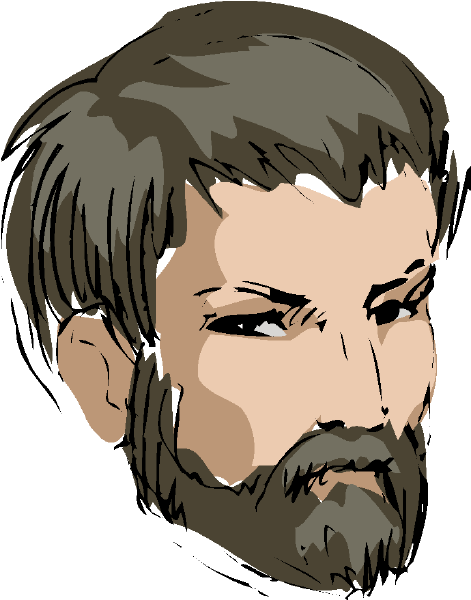Psychedelic Therapy
Mental Health
O. C .E .A. N.
Research has determined 5 traits define our personality:
Openness
Conscientiousness
Extraversion
Agreeableness
Neuroticism
For a description of both positive and negative aspects of these traits, click on the "OCEAN Trait Continuum."
There has been renewed interest in the last 5 years of using psychedelic drugs to treat various psychological disorders. Research with federal approval is ongoing. Note that all the below therapies are used in conjunction with convention therapy treatment. There is controversy.
- MDMA (ecstasy) for PTSD
- Microdosing of LSD for addiction, anxiety
- Psilocybin for depression, quitting smoking
- Mescaline for alcoholism
- Ayahuasca for anxiety, depression
A 2021 survey reported 84% of psychologists consider psychedelic therapy to be beneficial.
Also see the Psychology Today article: "Psychedelic-Assisted Therapy"
"The ability to be in the present moment is a major component of mental wellness."
Abraham Maslow
Stroop Color-Word Test
Take this test by clicking on the button below and then naming, as fast as you can, the actual physical color of each word ignoring what the word says (the letters of the word).
The Stroop test is difficult because one has to inhibit the competing and distracting automatic processing of language in order to name the actual, physical colors. This measures the functioning of the frontal lobe in selective attention and planning. The test has been used in research on ADHD, Parkinson's disease and schizophrenia. A 2022 study for it could detect Alzheimer's disease before symptoms appeared.
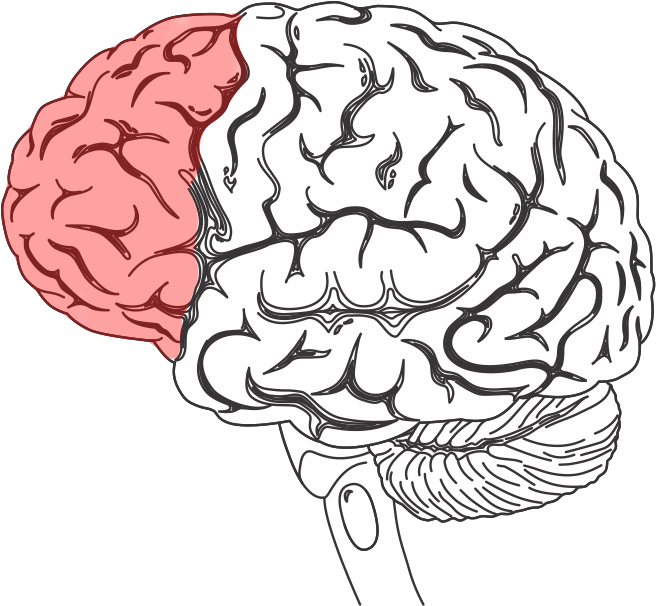
Frontal Lobe of Brain
Personality Disorders
An enduring pattern of inflexible and pervasive inner experiences and behavior that deviates markedly from the expectations of the individual's culture and leads to significant distress or impairment in functioning. [DSM-5]
Rollover each type of personality disorder below for a list of DSM-5 symptoms:
Sesame Street Introduces a Character with Autism
Sesame Street explains how Julia "plays differently" and has Elmo using fewer words when talking to her and repeats often. The video respectfully and without stigma informs us of her echolalia, self-stimulating behavior, and avoidance of eye contact. What an excellent way to teach children to understand and accept the differences between us all at such a formative period.
The British TV kids show "Thomas and Friends" also introduced an autistic character, Bruno the Brake Car. Here is their character description: " “Bruno is a joyful, pun-making brake car. He is great at his job and keeps big, heavy cargo steady with his strong brakes — a vital role in ‘Thomas & Friends: All Engines Go.’ Bruno rolls in reverse at the end of the train, which gives him a unique perspective on the world. Detail-oriented Bruno enjoys schedules, routine, and knows where all the tracks lead on Sodor. Bruno has stairs and a lantern on his bright, red exterior that indicate his emotional state, moving when he is excited or cautious. Bruno’s best day is one spent with his friends, who love and respect him for who he is, just as he loves them back. Through his on-screen presence, Bruno’s rich friendships and important work introduces audiences to a positive, neurodivergent role model. Together with key partners, Mattel carefully curated Bruno’s character to ensure an accurate fictional representation of an autistic child in the real world.”

